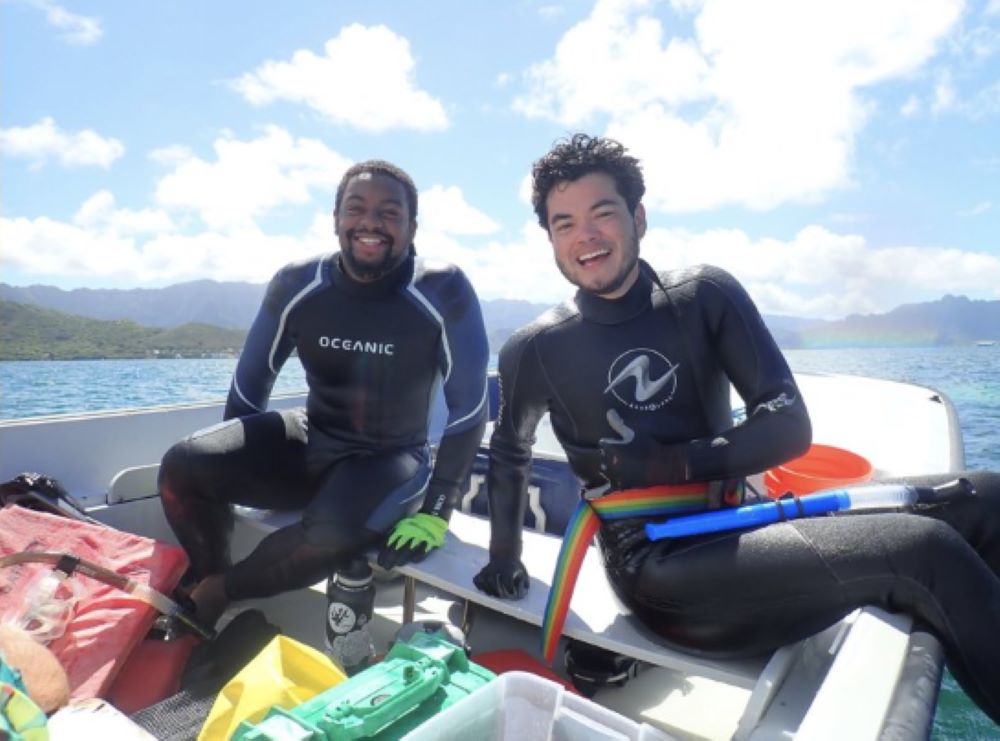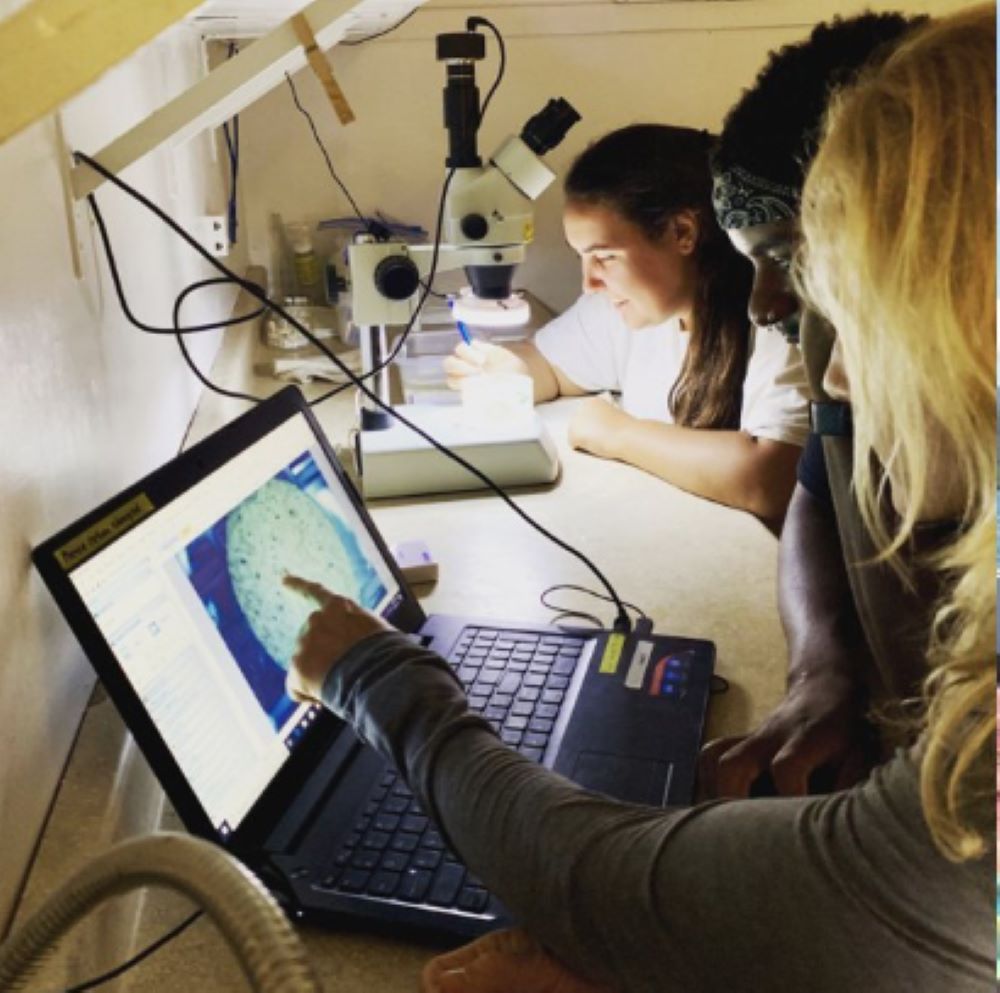Hawaiʻi Coral Restoration Efforts Improved Through Student Research

At least for one species, a study led by University of Hawai‘i at Mānoa student researchers found that exposing coral larvae to warmer temperatures didn’t improve its survival later in its life.
According to a press release from UH-Mānoa, the student researchers exposed rice coral larvae to warmer temperatures but it did not improve survival once the coral developed into juveniles and were exposed to heat stress.

Shayle Matsuda and Ariana Huffmyer, marine biology graduate students in the UH-Mānoa School of Ocean and Earth Science and Technology, were on a mission to optimize efforts to restore corals. While at the Inclusive Science Communication Symposium, Matsuda met Gyasi Alexander, an undergraduate student at the University of Rhode Island, and invited him to participate in a summer internship at the Hawai‘i Institute of Marine Biology in the School of Ocean and Earth Science and Technology.
“As climate change intensifies, it is critical that we focus our restoration and conservation strategies on those that will have the greatest positive impact,” said Huffmyer, now a postdoctoral researcher at the University of Rhode Island, in the press release. “Since we found that thermal conditioning did not provide positive benefits for thermal tolerance in recruits in this species, we suggest that our time and resources are best spent pursuing other avenues of thermal conditioning and further testing thermal conditioning scenarios that may produce positive impacts.”
In their experiments, the researchers, including Hawai‘i Institute of Marine Biology coral ecologist Josh Hancock, found that elevating temperature to simulate future ocean warming did not improve larval survival and did not improve survival after larval settlement. Instead, their results suggest that rearing rice coral at ambient temperatures maximizes early life stage survival.
According to the press release, coral restoration efforts in Hawai‘i are vast and include selectively breeding more resilient coral, active management of vulnerable areas and outplanting coral reared in a lab.
The team’s approach was to start with gametes collected during mass spawning events and rear them to the larval stage, with the long-term goal of planting more coral on the reef.
“Although this process can provide more genetic diversity to the reef than fragmentation practices alone, it takes considerable time, effort and capital, and the downstream survival of the corals may be impacted by ocean warming events,” said Matsuda, who is now a postdoctoral fellow at the Shedd Aquarium, in the press release. “With this study, we wanted to test whether exposing larvae to different temperatures would both increase larval survival and settlement, and importantly, if exposure to elevated temperatures as larvae would lead to increased thermal tolerance, that is, higher survival, at the juvenile stage.”
“However, we do not have a good understanding of the degree, time, and profile of stress required to produce positive carry over effects and, if the effects are produced, how long they last,” added Huffmyer in the press release.



